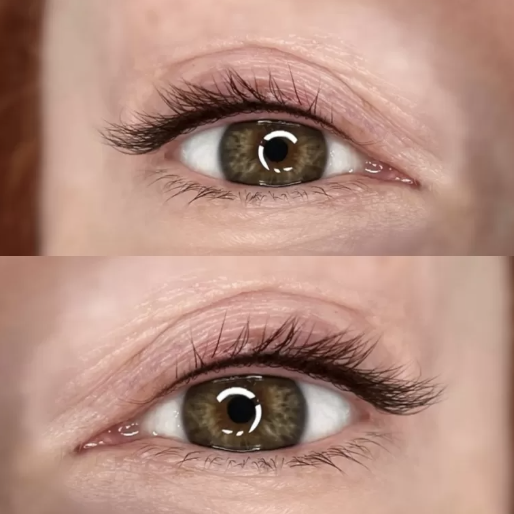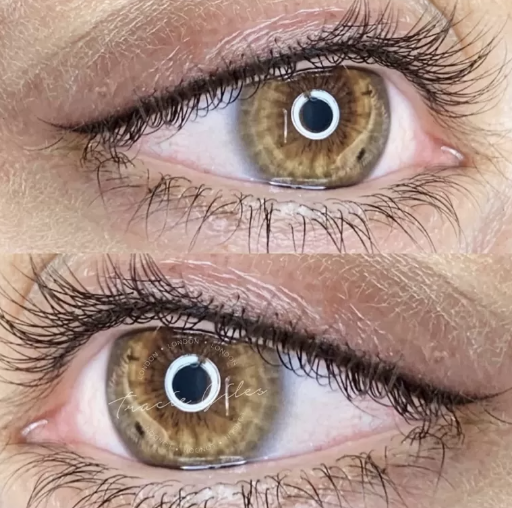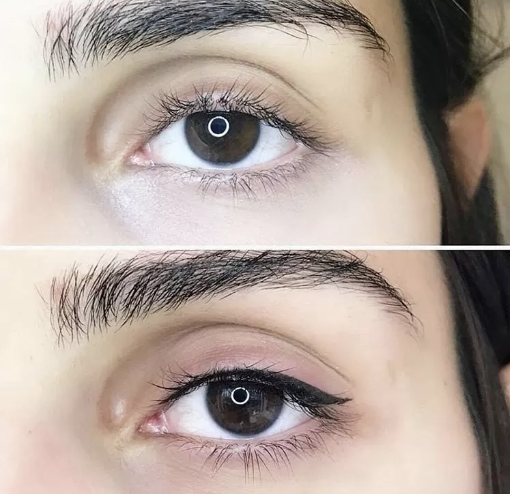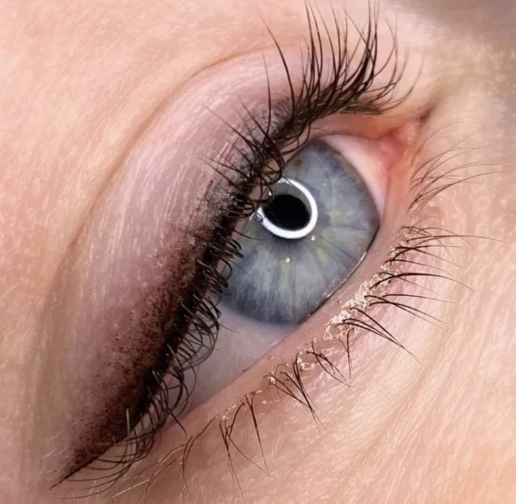Eyeliner Treatments
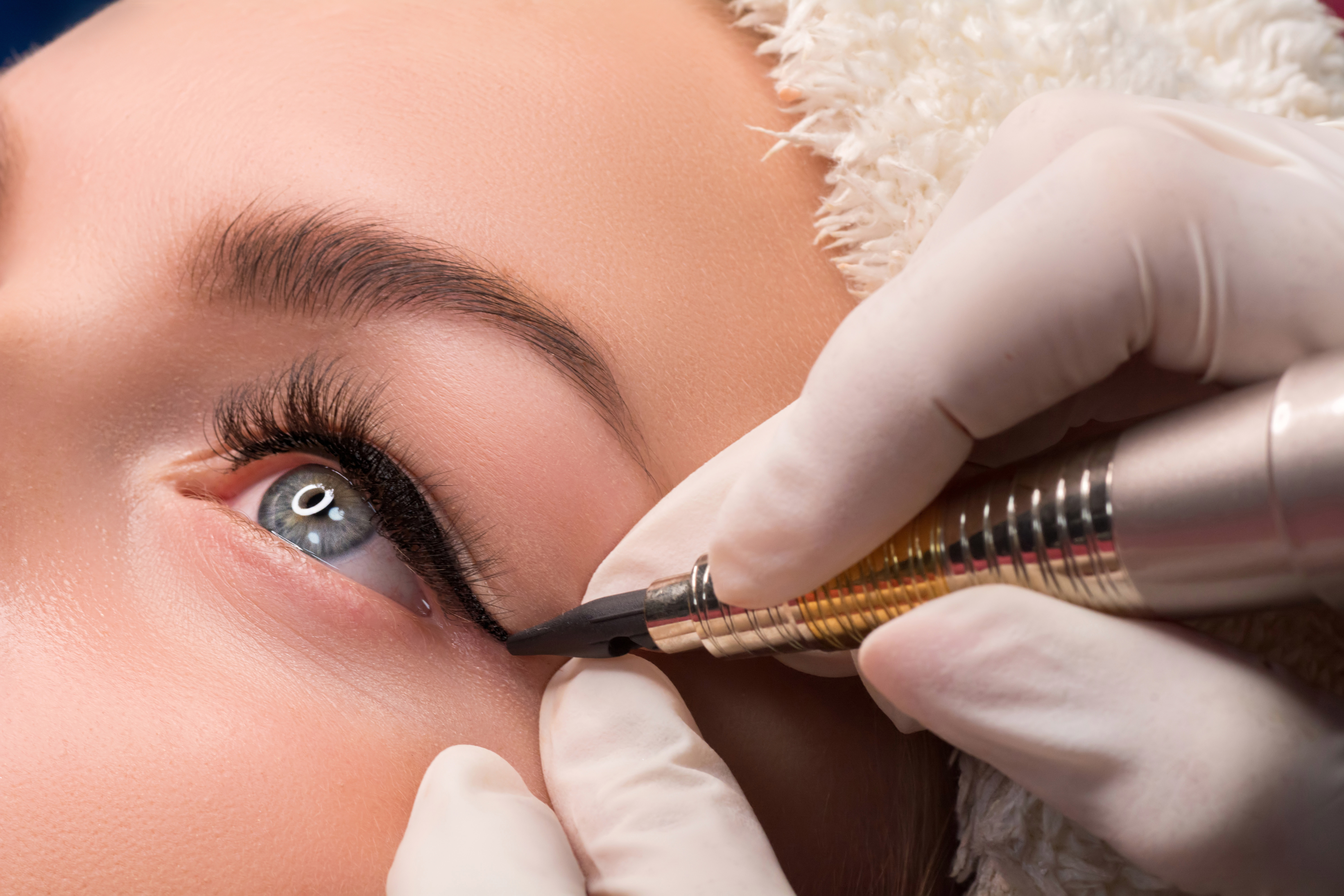
An expertly applied Eyeliner Tattoo is the perfect solution to thicker, darker lashes and more defined eyes, giving you a professional make up result that stays put and doesn’t need to be removed every night or carefully ‘matched up’ every morning.
After Care
-
Keep the Area Clean and Dry: For the first 24 to 48 hours after the eyeliner tattoo procedure, it's crucial to keep the eye area clean and dry. Avoid any water, cleansers, or makeup in the treated area during this time. This helps prevent infection and promotes proper healing.
-
No Rubbing or Touching: Avoid rubbing or touching your eyes, as this can disrupt the healing process and potentially introduce bacteria. Gently pat or dab the area if you need to clean it. Do not scratch or pick at the tattooed eyeliner.
-
Avoid swimming in pools, hot tubs, or saunas during the initial healing period, as exposure to chlorine, heat, and steam can affect the tattooed eyeliner. Extended water exposure may also cause premature fading.
-
Be Cautious with Eye Makeup: Once the initial healing phase is complete (usually after a few days), you can slowly reintroduce eye makeup. Ensure that any makeup products you use around the tattooed area are clean and not expired. Avoid using mascara or eyeliner directly on the tattooed eyeliner for at least one week.
Is this treatment right for you? Please read below before booking:
Before proceeding with your booking, we kindly ask you to read the following information to ensure Semi-Permanent Makeup (SPMU) is the right choice for you. Please be aware that not everyone is a suitable candidate for SPMU. There are certain conditions and circumstances where the procedure may not be advisable. For brow treatments, the following candidates cannot be treated:Individuals under the age of 18.
Pregnant or breastfeeding individuals.
Those with skin conditions in the area to be treated, including eczema, psoriasis or severe acne.
Those with keloid scarring.
Those with allergies to makeup or pigments.
Those undergoing chemotherapy (please consult your doctor).
Those with uncontrolled high blood pressure or autoimmune diseases.
Those with blood disorders that affect clotting, such as haemophilia or platelet disorders.
Those with viral infections and diseases, including active herpes outbreaks or HIV.
Please remember, this list is not exhaustive and if you have any medical condition or take medication that you feel may affect your suitability for SPMU, please consult your doctor before booking a treatment. Your health and safety are our top priorities. We appreciate your understanding and compliance with these guidelines. If you have any further questions or concerns, please do not hesitate to contact us.


